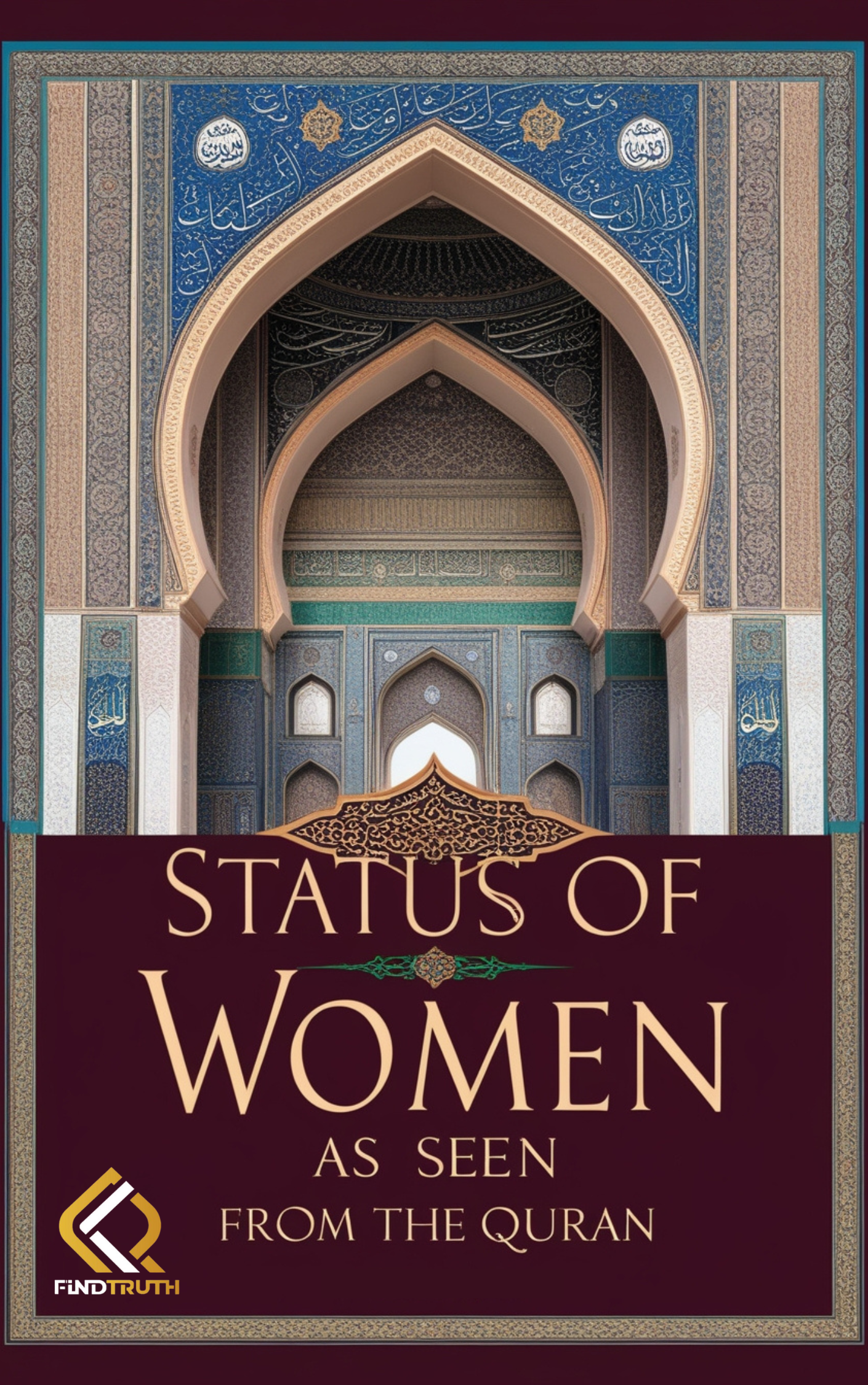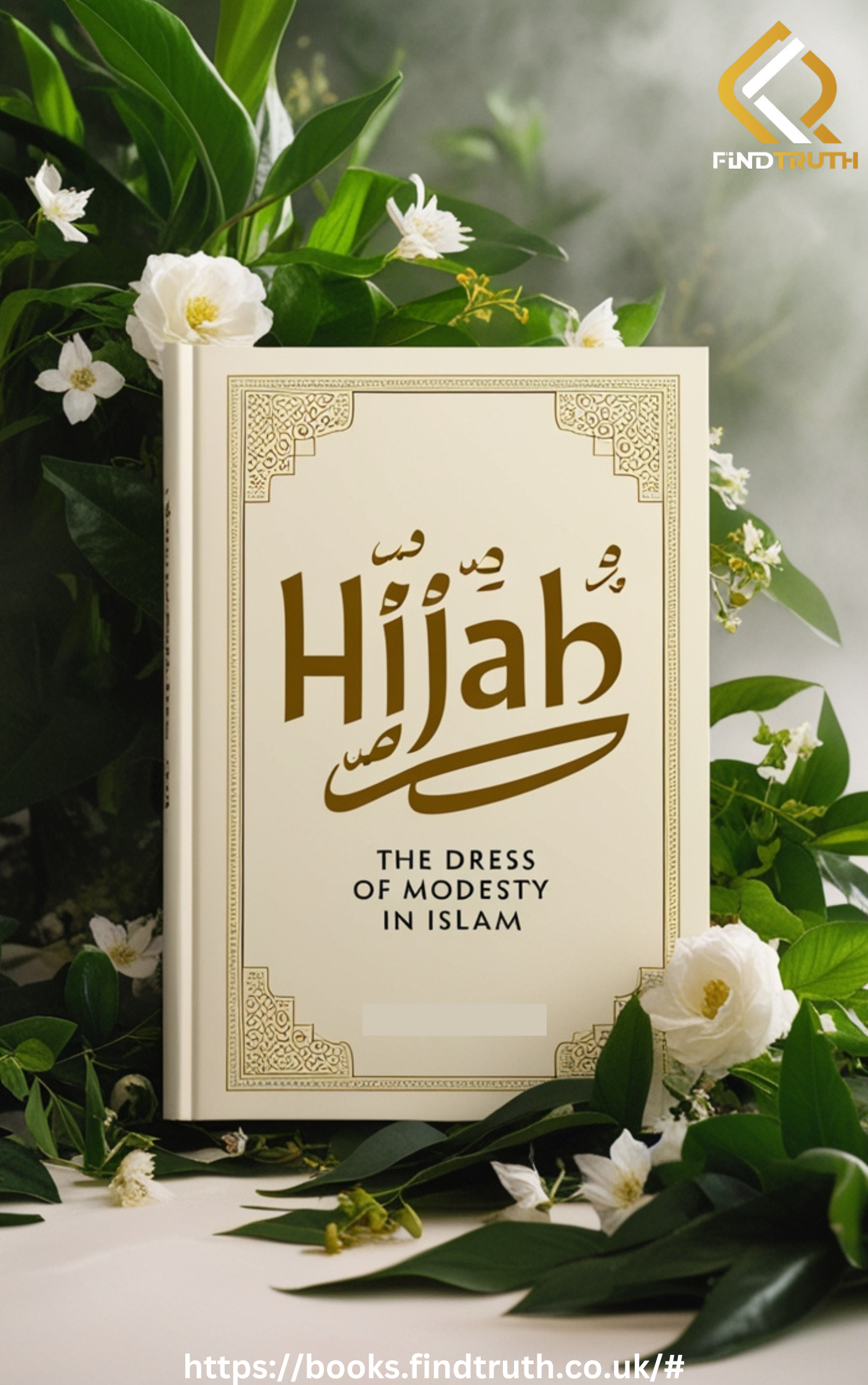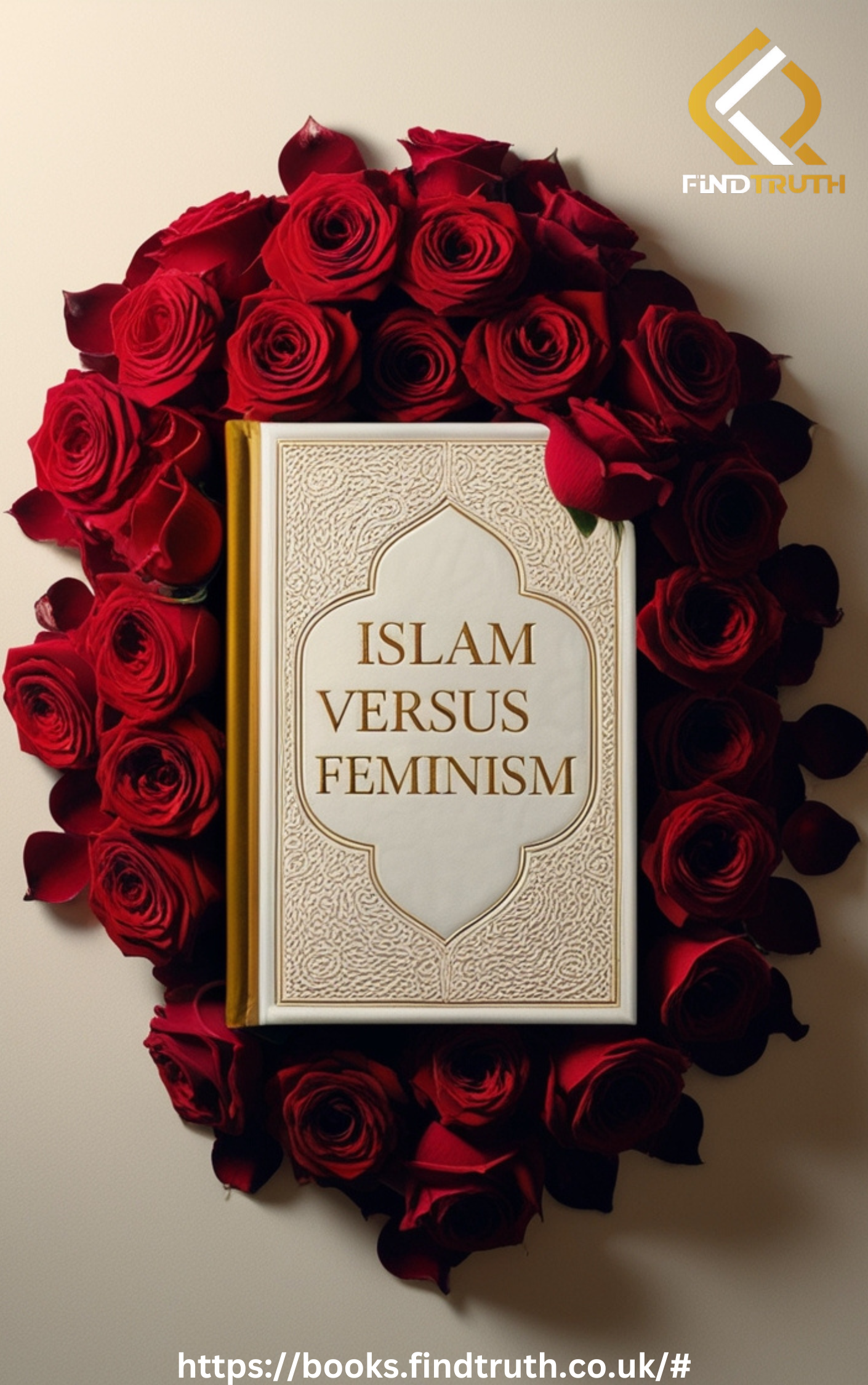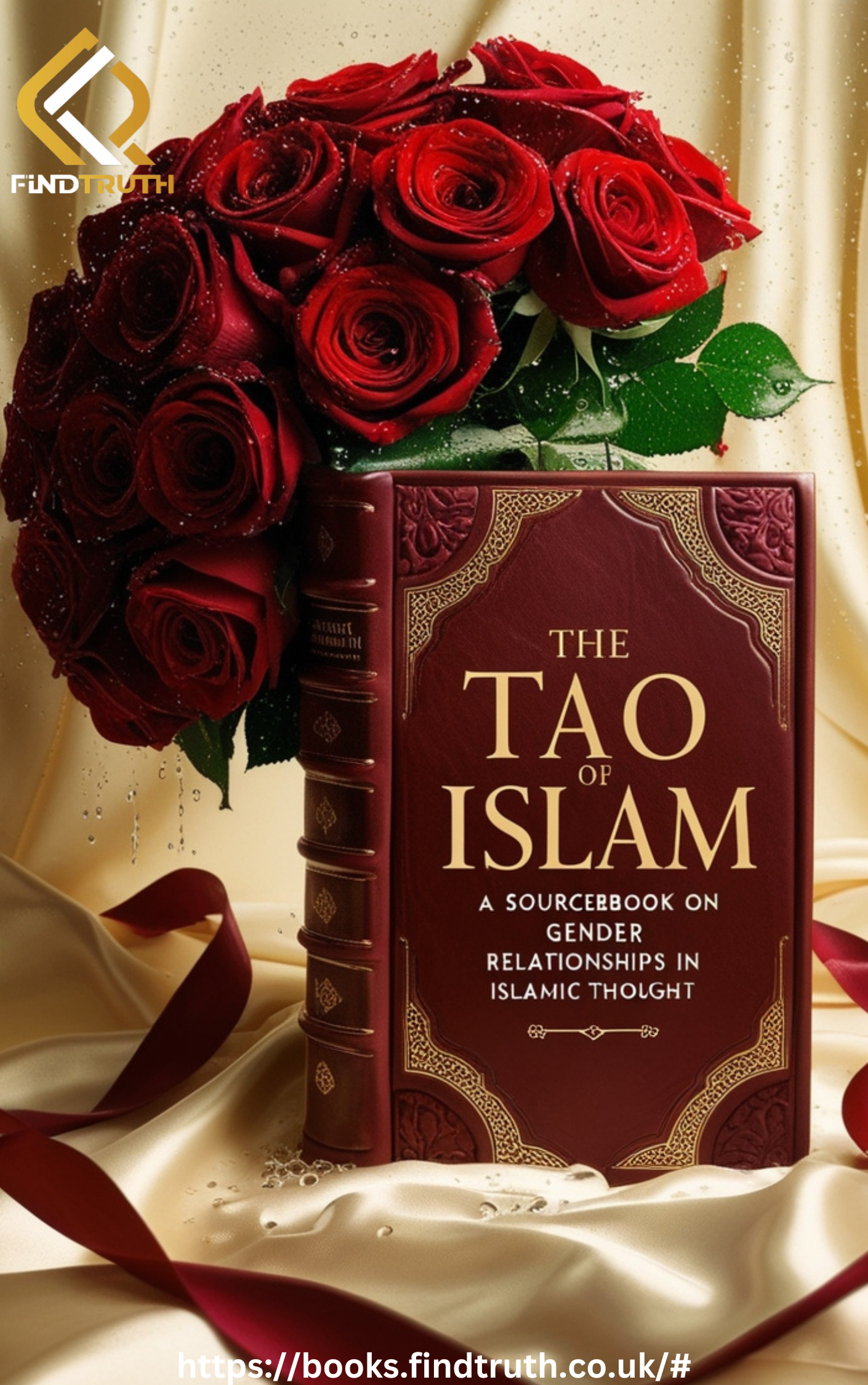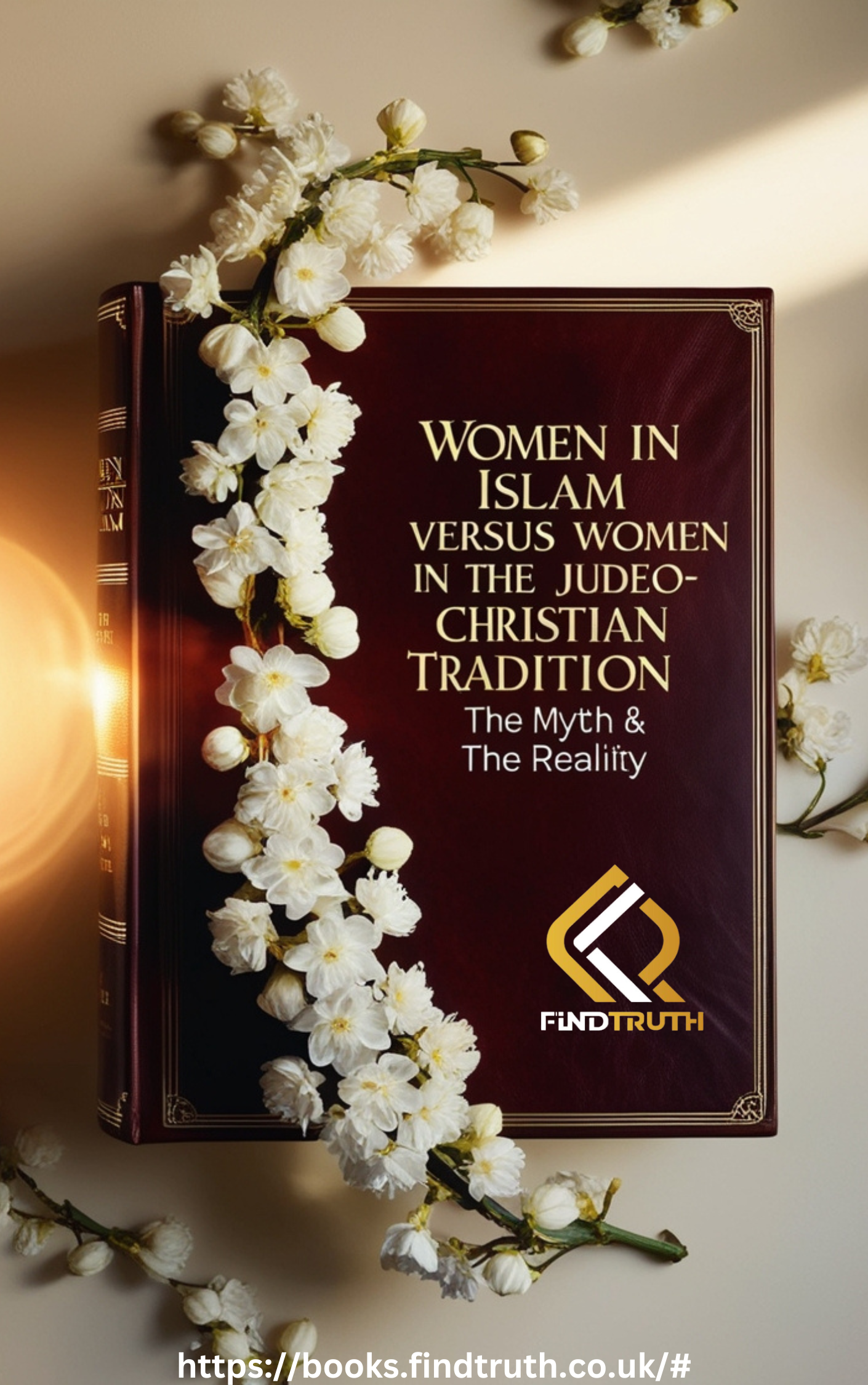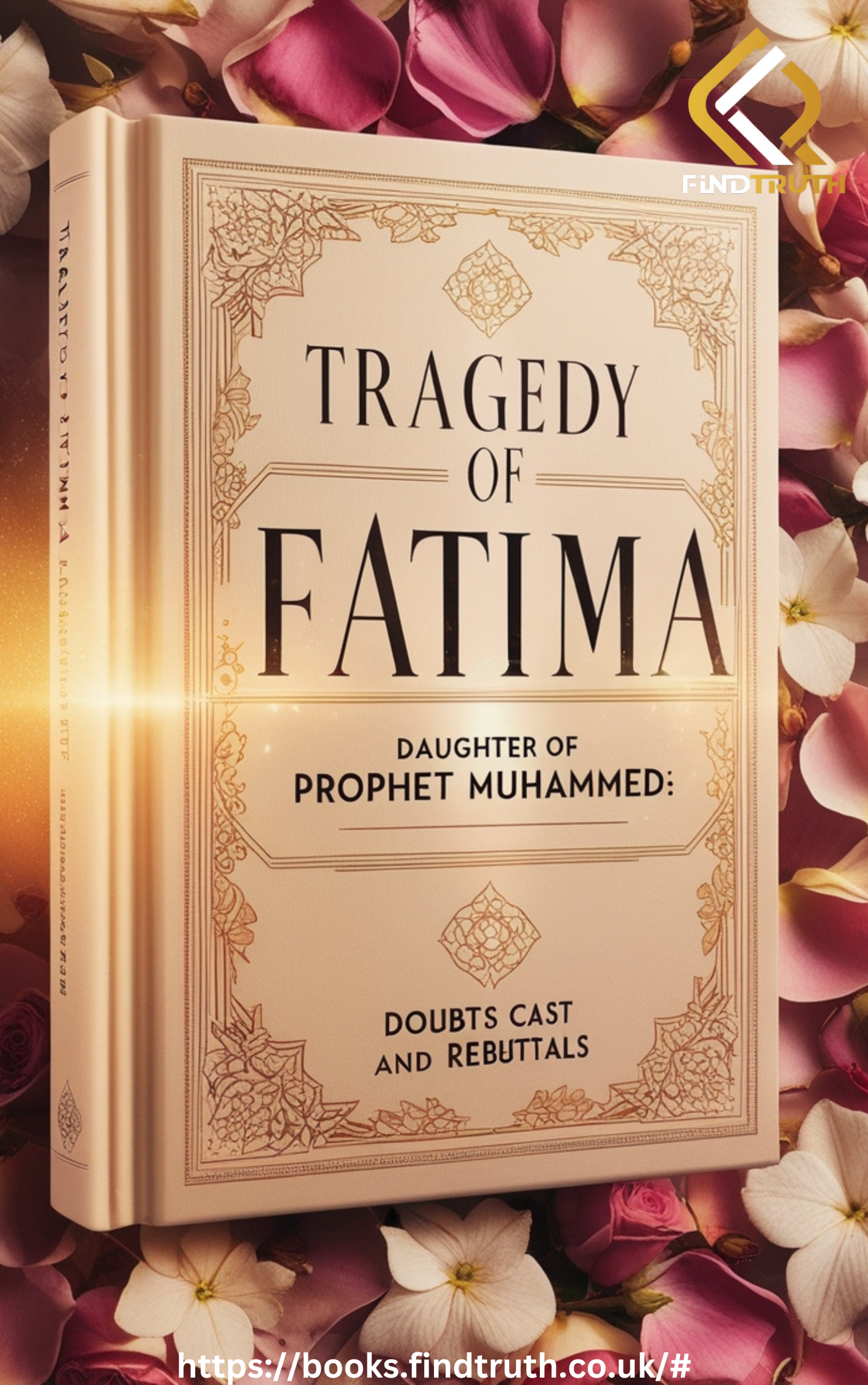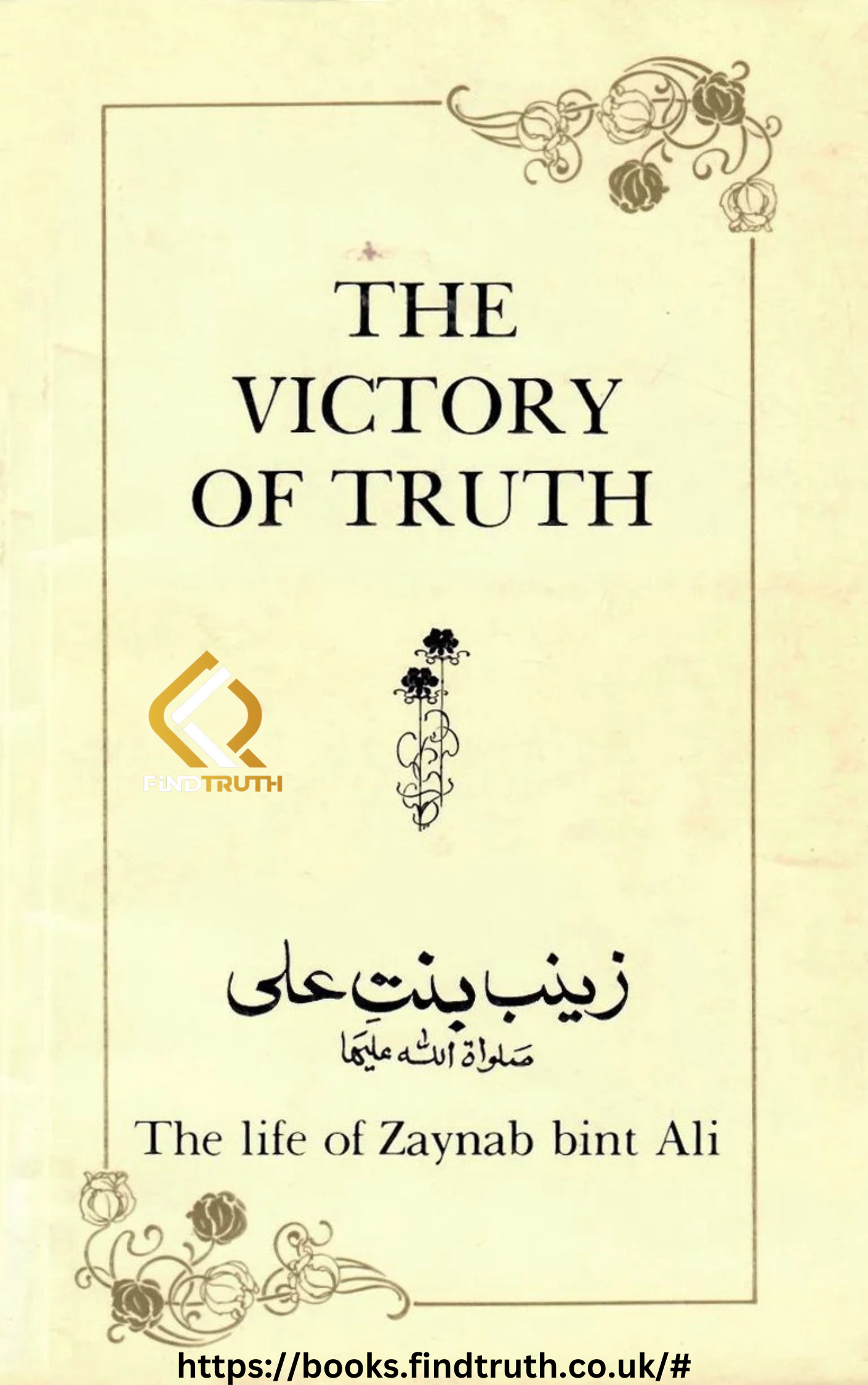
- Beliefs
-
Muslim Practices
- Salah (Daily Prayers)
- Sawm (Fasting)
- Hajj (Pilgramage to Makkah)
- Zakah (Charity Giving)
- Khums (Giving One-Fifth of Annual Saving)
- Jihad (Striving in the Way of God)
- Amr bil Ma'ruf (Encouraging Good)
- Nahy 'an al-Munkar (Stopping Evil)
- Tawalla (Loving the Prophet & His Family)
- Tabarra (Disassociating from the Enemies of the Prophet and His Family)
- Islamic Education
-
Akhlaq - (Ethics)
-
Quran & Sciences
-
Islamic History
-
Socio-Cultural
- Islamic Holy Places
-
Supplications
- Home
- Feature Selections ★
- Beliefs 🛐
-
Muslim Practices ☪️
- Salah (Daily Prayers)
- Sawm (Fasting)
- Hajj (Pilgramage to Makkah)
- Zakah (Charity Giving)
- Khums (Giving One-Fifth of Annual Saving)
- Jihad (Striving in the Way of God)
- Amr bil Ma'ruf (Encouraging Good)
- Nahy 'an al-Munkar (Stopping Evil)
- Tawalla (Loving the Prophet & His Family)
- Tabarra (Disassociating from the Enemies of the Prophet and His Family)
- Islamic Education
-
Akhlaq - Ethics 🔑
- Quran and Sciences 📖
-
Islamic History
- Socio-Cultural
- Islamic Holy Places
- eBooks
- Status of Women as seen from the Quran
Status of Women as seen from the Quran
(0 User reviews)
348
244
Unknown
Those interested in Islamic teachings on women, students of Quranic studies, and anyone seeking to understand the status and rights of women in Islam.
41
English
UK
An insightful exploration of the Quranic teachings on the status of women, emphasizing their rights, dignity, and role in society and religion.
Status of Women as Seen from the Quran offers a profound and insightful analysis of the Quranic perspective on the role and status of women in society. This book addresses key Quranic verses that discuss the spiritual equality of women and their integral role in family, society, and religion. It examines themes such as women’s rights, their dignity, and the responsibilities bestowed upon them, emphasizing the Quran’s emphasis on justice, respect, and moral accountability. The book also delves into the misconceptions and misinterpretations that have arisen over time, contrasting them with the authentic Quranic message regarding women. By exploring the Quranic teachings in-depth, this work serves as an essential resource for those seeking to understand the true Islamic view of women and their place in both spiritual and social contexts.
There are no reviews for this eBook.
0
0 out of 5
(0 User reviews )
There are no comments for this eBook.
You must log in to post a comment.
Log in
Related eBooks
By using our site you agree to our use of cookies to deliver a better site experience.
